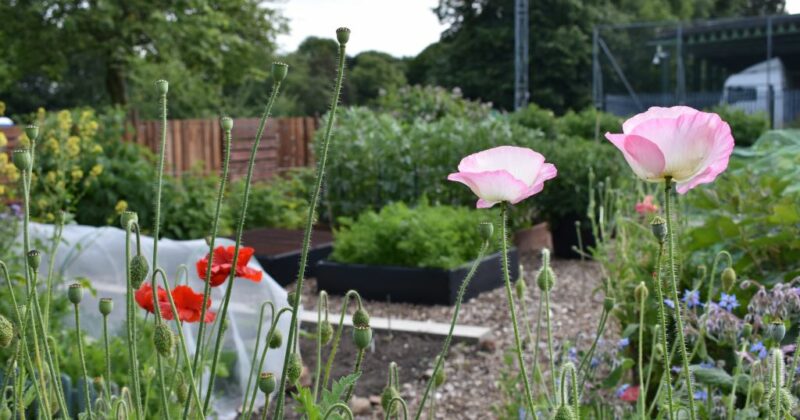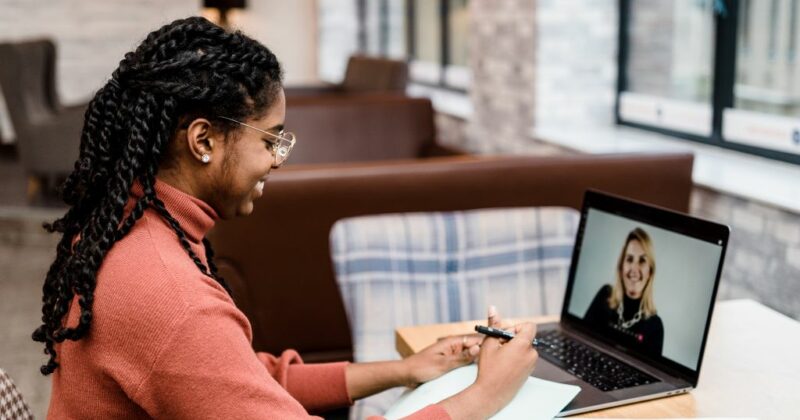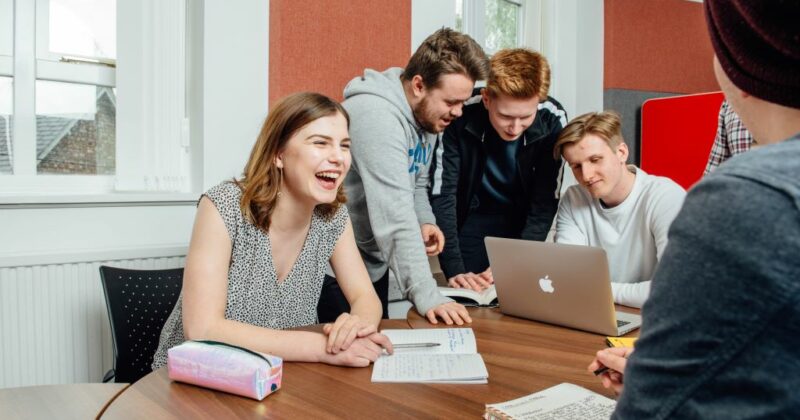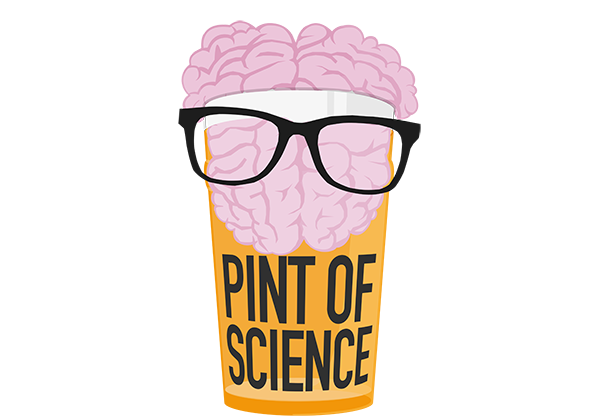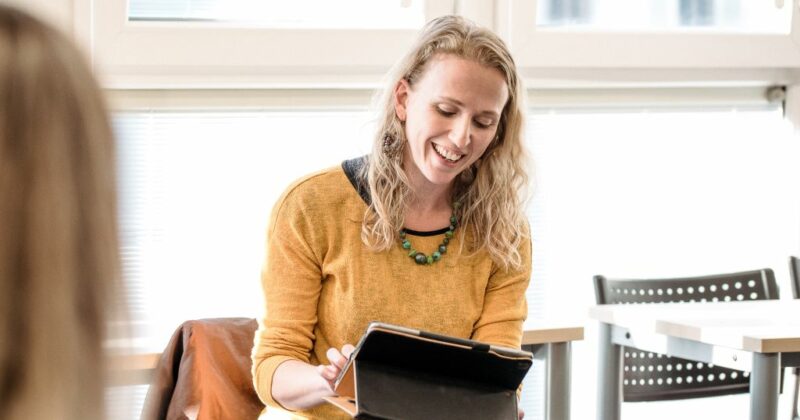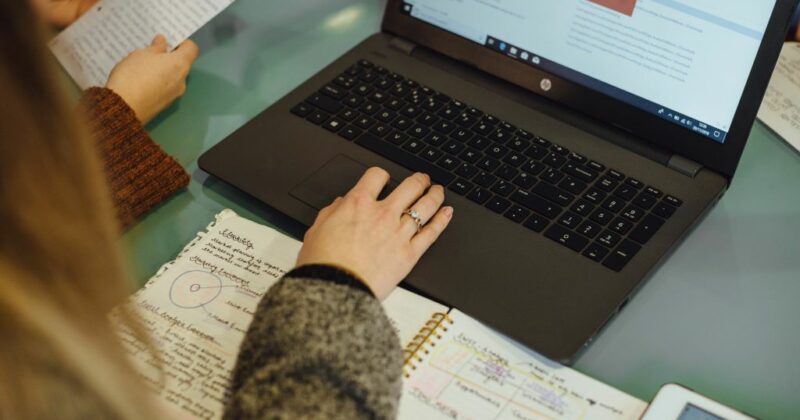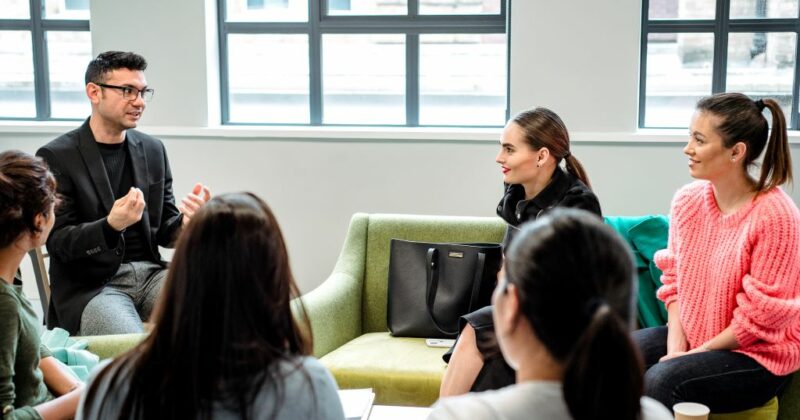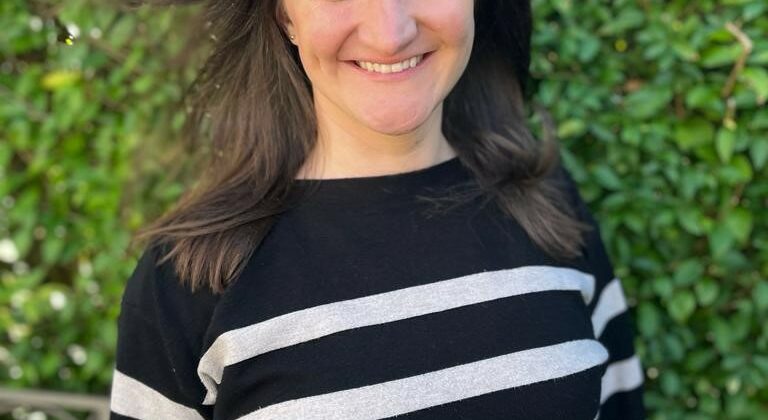
Have you got a piece of writing that you’re “meant” to be doing but feel that you’re not making enough progress? That you “should” have done it by now? Or that you don’t know where to start or even if it’s any good anyway? We all knew we were going to have to write papers when we got into academia but it can be really hard to get going and maintain that effort when it feels difficult or we think we’re too busy with other things. You’ll probably have seen lots of workshops and tips online about writing every day or blocking out whole days to write. Maybe you’ve tried them for a while but it’s not worked.
In this two hour online workshop, we’ll focus on WHY you’re not writing at the moment and how we can manage our thoughts and feelings to get more done and enjoy the process. I’ll help you identify the specific thoughts that are holding...
